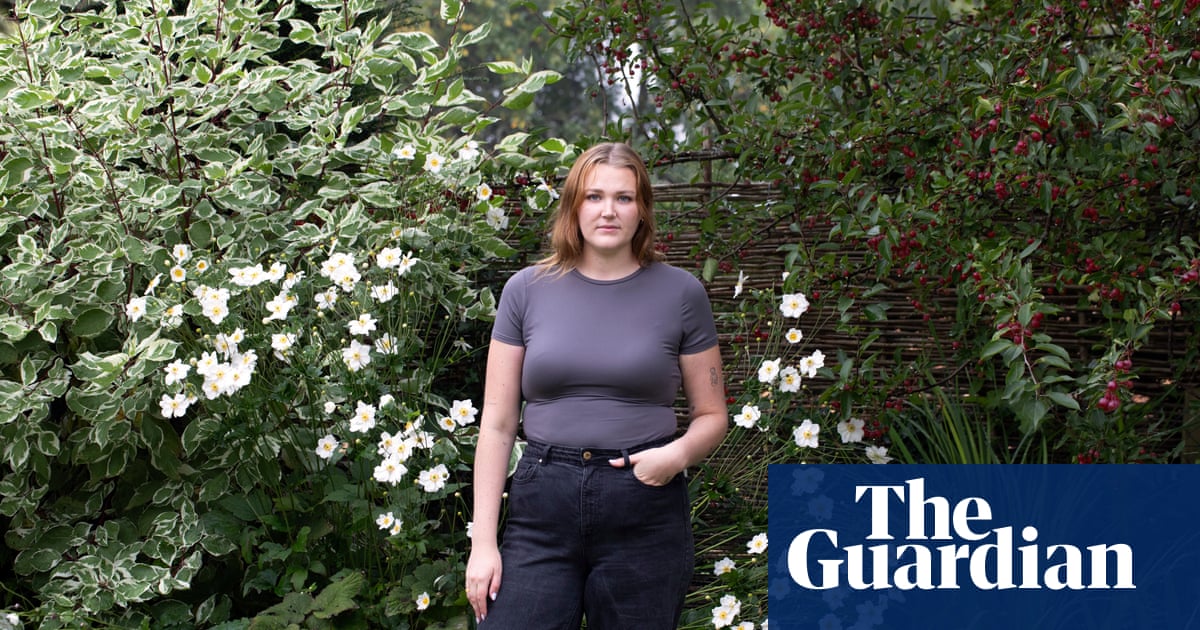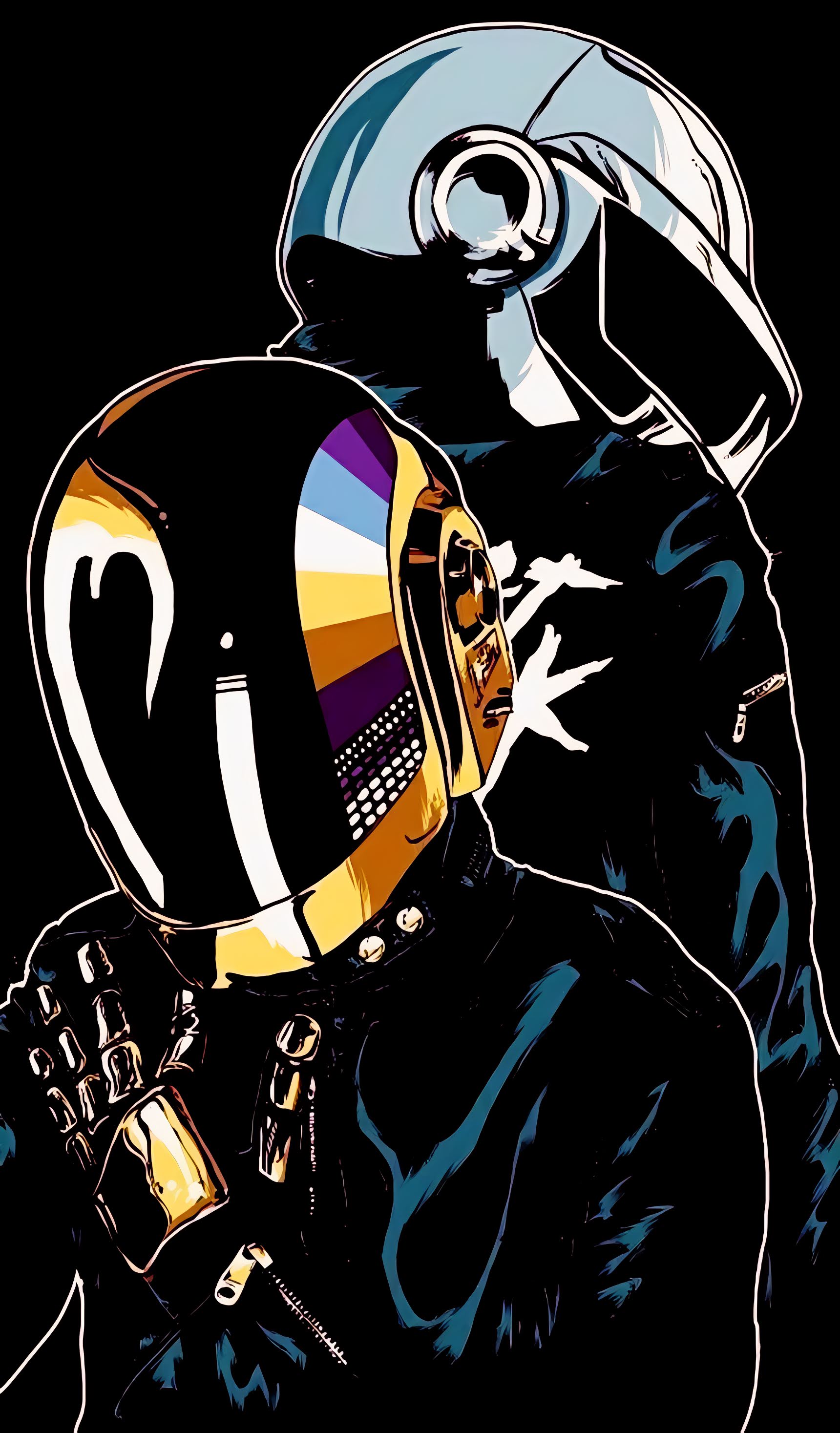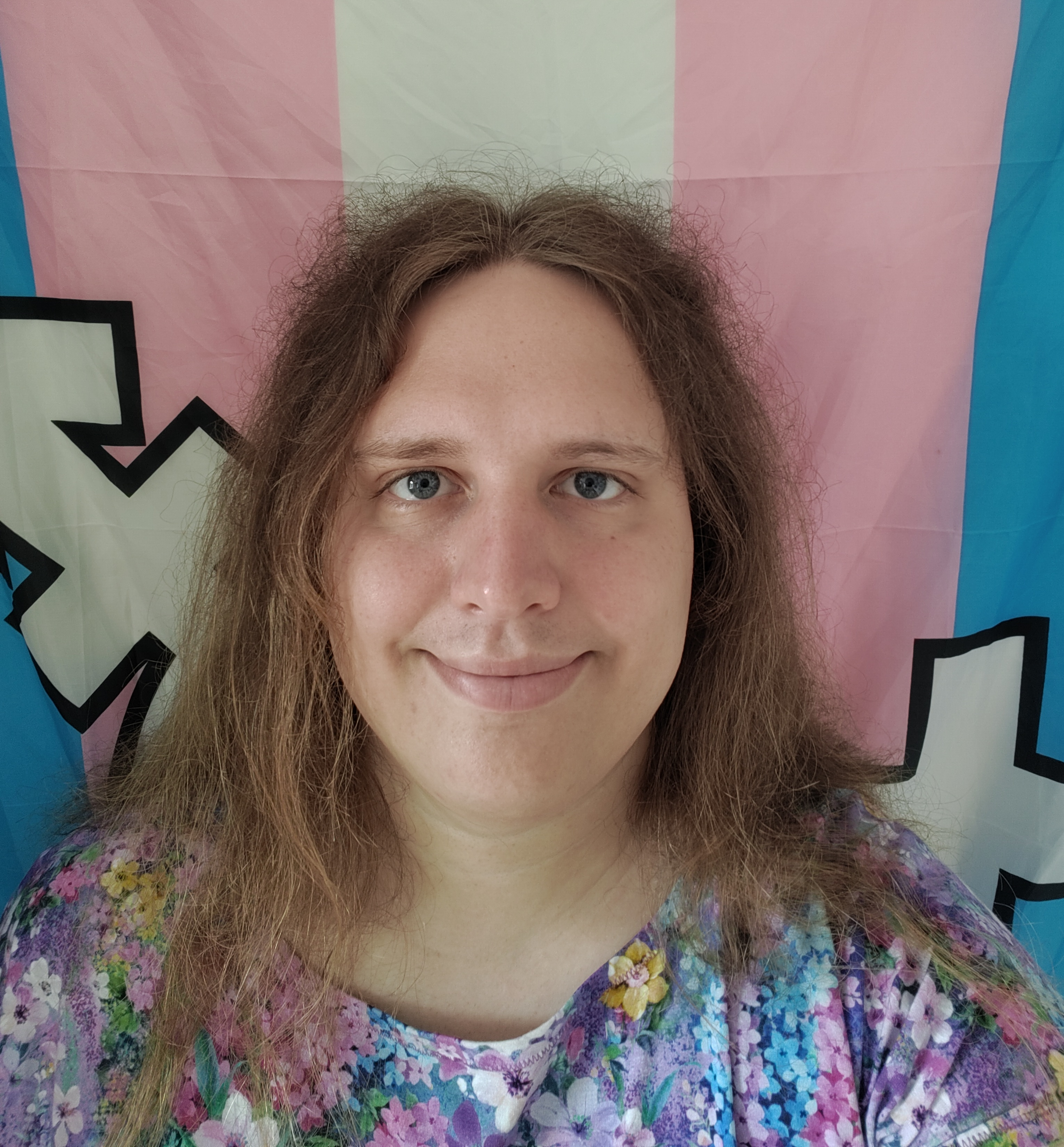A year ago, Franky Dean, a 24-year-old documentary film-making master’s student, decided to make a phone call she’d been avoiding nearly half her life. She was sitting in a dark computer room in New York University’s journalism institute in Manhattan when she FaceTimed her parents. They were in the living room at her home in the UK, where she grew up. Franky told them she’d just filed a police report about something that had happened more than a decade earlier. When Franky was 12, she had been sexually abused by a close friend’s dad.
And then her mum said two words that would change her life, again, for ever: “We know.”
It was meant to be a climactic moment – a revelation that Franky had been building up to for years. Instead, it was the beginning of another story – the unravelling of a shadow narrative that spanned half of Franky’s life. It’s a story about what happens when police assume survivors of sexual abuse to be “unknowing victims” – a series of misinterpretations and missteps that amounted to Franky spending 12 years hiding her abuse from her parents while they spent 12 years hiding it from her.
PSA
If you have been sexually assaulted or abused by someone, please tell somebody. Preferably the police, but if not them then tell someone else that you trust. I know this is a huge ask. I know you want to completely erase it from your memory. I know that doing this means unleashing a shit storm that you can never undo. I know it’s going to dredge up all kinds of pain. I know it might permanently reshape your life. I know it’s going to be incredibly hard. It’s probably going to take courage that you’re not even sure you have.
The reason I’m asking you to do this is because there’s a really good chance that the person who did this to you has done it before or will do it again. YOU may be the only thing standing between the perpetrator and their next victim. The fact that it happened to you is terrible and I’m so sorry for that. But you have the power to help make sure what happened to you doesn’t happen to anyone else. So please tell someone because you might very well be the hero, that you needed, for someone else. There are few things in life more honorable than that.
To add to this, sometimes one person finding the bravery to speak out can lead to other victims feeling the courage to as well.
I guess this is that sign for me to talk to someone who would know if something happened to me and get it officially confirmed. I’ve been going over and over whether I should, but this solidifies it.
a huge ask
No, it’s a huge request. This isn’t a used car lot.
And after so many decades, many abusers are just dead now.
Have some humanitarian essence… A bot still shares hotline numbers in case of suicidal tendencies… Much more human than yoo will ever be
I hope we as a society will start teaching new parents that they shouldn’t rely on child development advice from a single person, especially one with limited knowledge and experience in that area. Raising humans is complicated, and as with many things, the pitfalls are often invisible unless you’ve run into them before.
I assume the detective constable meant well when offering guidance, but it’s important to consider the source when evaluating guidance, and be a little skeptical when it comes from someone whose qualifications and incentives don’t directly apply.
I’m positively surprised that the article acknowledges the nuance of question of whether unknowing victims should be informed, instead of just jumping on the “tell them all, no matter if it hurts them more than the crime did”.
Anyone who claims that there is a simple answer that is always best is acting out of ideology, rather than an interest in improving people’s lives…
The one thing that might help somewhat, at huge logistic cost, would be to ask everyone what their preference in a situation like that is, ideally with the possibility to have different answers for different crimes. Like, combine it with a question on being an organ-donor and a couple of similar things. Since it goes to everyone, people who don’t know and don’t want to know can stay in blissful ignorance, because the question doesn’t arise suspicions, as it would be if only they got asked. You could still get bad results, but in that case they would at least be the results the people in question choose. Though even this approach can’t easily deal with the cases of minors being involved…
All that said, there is another component to the case, that might be the biggest problem with it: The perpetrator getting of easy because it was assumed that the victims didn’t know and the implication of a much harder punishment had they been known to have known: Whether the victims knew, didn’t change the crime that was committed, only the outcome. And punishing the outcome rather than the action is an extremely bad way to enact justice. (Yes, attempted murder should be punished like murder!)






